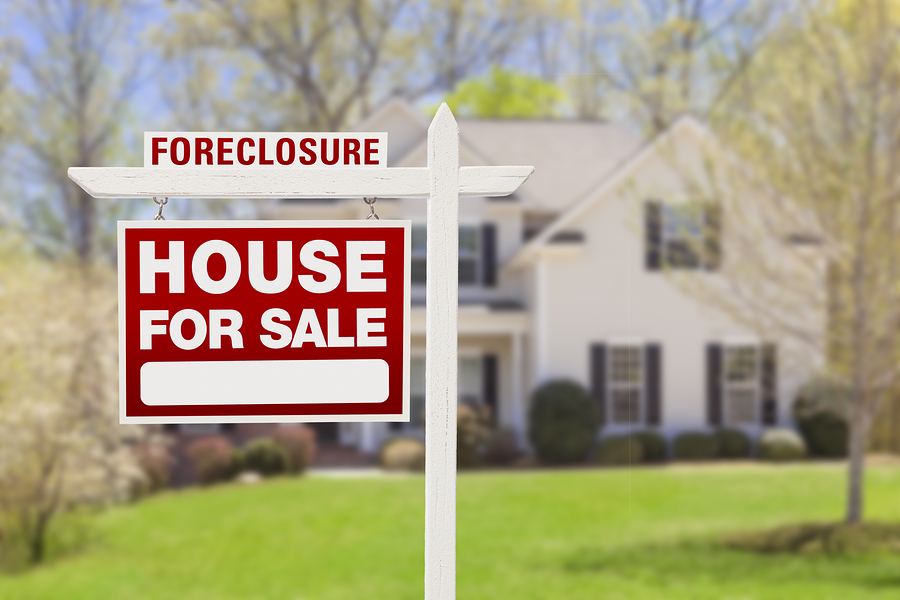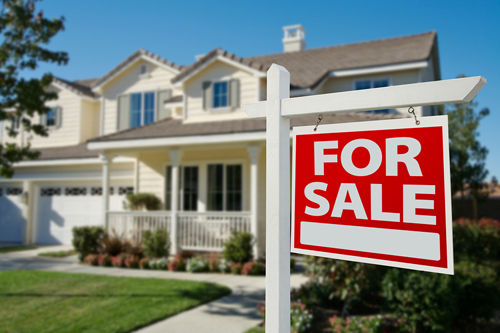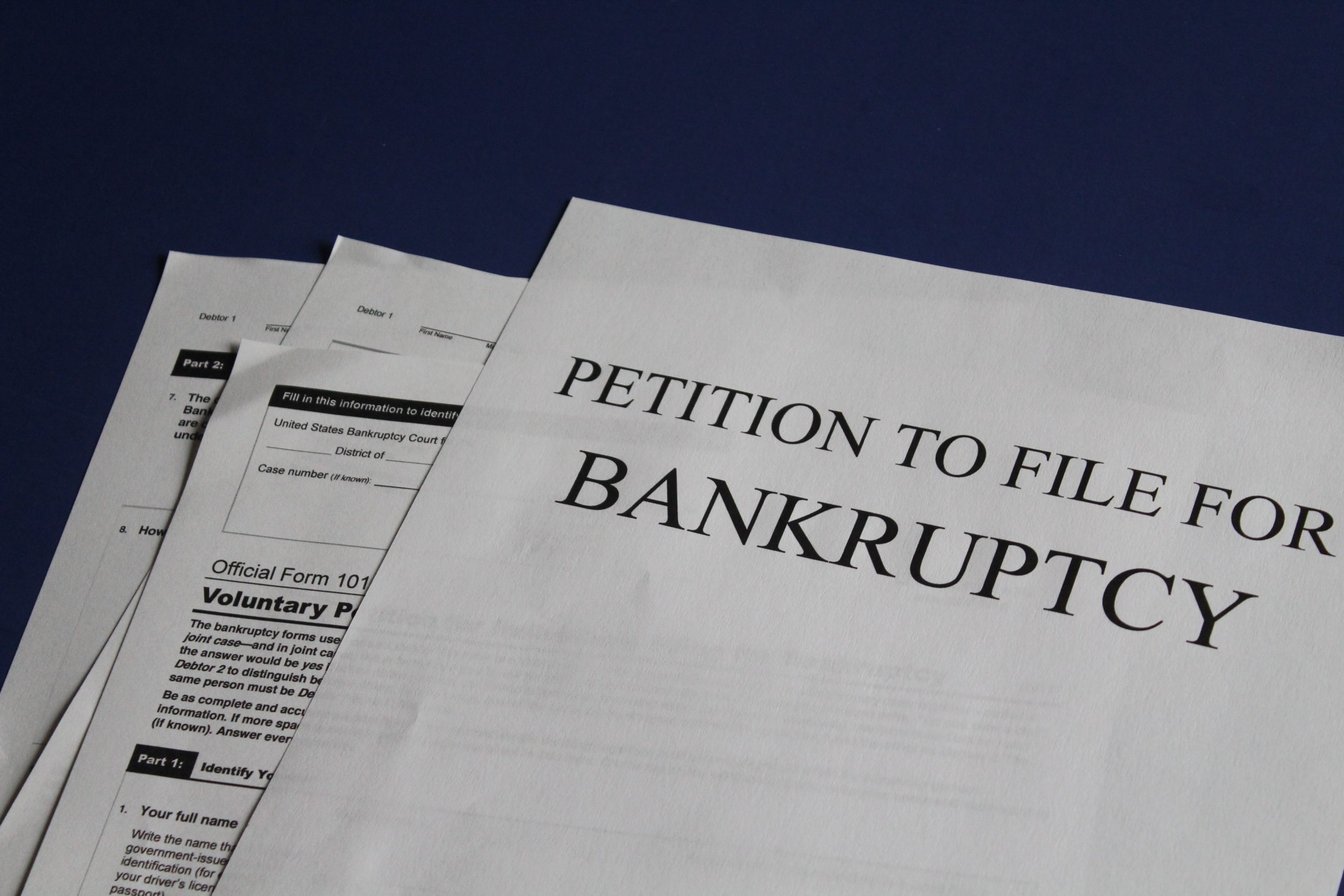Is Pennsylvania a Nonjudicial Foreclosure State?
Going through foreclosure can be a painful experience, but lenders must follow strict legal procedures for the foreclosure to be considered valid. Pennsylvania is not a non-judicial foreclosure state, meaning all foreclosures must go through the courts.
Pennsylvania is a judicial foreclosure state, meaning all foreclosures must go through the courts, and lenders must file lawsuits against borrowers to foreclose. While this might make the process a bit complicated, it also allows borrowers to defend themselves and try to hand on to their properties and avoid foreclosures. The judicial foreclosure process requires lenders to adhere to strict procedures, including requirements for notice and mediation. To avoid the foreclosure process, a lawyer can help you file for bankruptcy, which should initiate an automatic stay on any legal proceedings pending against you.
Call our Pennsylvania bankruptcy attorneys at (215) 701-6519 and set up a free review of your situation to begin fighting foreclosure with our team at Young, Marr, Mallis & Associates.
What Does Nonjudicial Foreclosure Mean in Pennsylvania Bankruptcy Cases?
When faced with foreclosure, one of the first things you should talk to an attorney about is whether your state is a judicial or non-judicial foreclosure state. Pennsylvania is a judicial foreclosure state, meaning foreclosure proceedings happen in the courts.
A judicial foreclosure requires that lenders file a lawsuit against borrowers in the courts. Being in a non-judicial foreclosure state has a variety of pros and cons you should discuss with your lawyer. One advantage is that every move the lender makes must go through the courts. This greatly limits what lenders can do to secure the foreclosure, and you are less likely to encounter shady tactics from unsavory lenders. On top of that, you have greater opportunities to legally challenge the foreclosure in court. Judicial foreclosure proceedings also take longer, meaning you might have more time to devise a plan with your lawyer.
A non-judicial foreclosure does not involve the courts. While the lender might be required to send certain notices to the borrower about the foreclosure, the process generally skips the courts. Non-judicial foreclosures are faster and often leave borrowers scrambling.
The Judicial Foreclosure Process in Pennsylvania
The judicial foreclosure process in Pennsylvania can largely be broken down into several broad yet distinct categories. The process begins with certain pre-foreclosure proceedings before moving on to foreclosure. Once the foreclosure is official, the property may be auctioned off or sold.
Pre-Foreclosure
The non-judicial foreclosure process begins before you are in default or foreclosure. Typically, lenders must send notice to borrowers about foreclosure ahead of time. If you miss a payment, you often get a written notice alerting you to the missed payment and how you can make up for it, but this does not mean you are in default. If you have missed multiple payments, the lender might notify you and try to work with you to avoid foreclosure. Remember, lenders would rather you continue paying your mortgage than foreclose.
Under federal law, lenders can begin foreclosure proceedings once you are at least 120 days past due on payments. At this point, the lender should notify you again of what is happening. Typically, they send a demand letter informing you that you are in default and that foreclosure will begin if the loan is not paid.
After all that, the lender is required to send additional notices informing you of the forthcoming foreclosure. These notices, referred to as Act 6 Notices in the State of Pennsylvania, should inform you of the foreclosure 30 days in advance.
If your lender in Pennsylvania did not properly notify you before they began foreclosure proceedings, tell your lawyer immediately.
Foreclosure
When foreclosure begins, the lender must file a complaint against you in court, like a lawsuit. Typically, the lender must file in the county where the property is located. If they file in the wrong court, the lender might have to start the process over.
The complaint filed by the lender should contain information similar to a lawsuit, including your personal information, a description of the property in question, and details about the mortgage and missed payments.
Just like with pre-foreclosure proceedings, the lender must serve you notice after they file the complaint. This notice serves to inform you that foreclosure proceedings have begun. The notice must be served to you in accordance with notice requirements typical in civil lawsuits. If the lender fails to provide notice, alert your lawyer immediately, as this is a huge violation.
After the lender files the complaint, you must respond or risk a default judgment against you. A default judgment may be entered when the borrower does not acknowledge the complaint, meaning they automatically lose and enter foreclosure. If you receive a foreclosure notice, talk to a lawyer immediately so they can begin working on your answer.
Auction
If you lose your foreclosure case, the lender may begin preparing to auction off the property. While an impending auction might make you feel as if all hope is lost, your lawyer might still be able to help. Pennsylvania allows for a reinstatement period lasting up until right before the auction begins. A reinstatement involves curing the default and having the loan reinstated, thus stopping the auction and avoiding foreclosure. Reinstatement is not always possible, but it might be worth discussing with your lawyer.
How to Avoid the Judicial Foreclosure Process in Pennsylvania
One way you can avoid a foreclosure is to file for bankruptcy. This might seem counterintuitive, as people often lose their homes in bankruptcy proceedings like in foreclosure proceedings. The truth is that filing for bankruptcy halts foreclosure and gives you time to plan with your lawyer to keep your home.
When you file for bankruptcy, the court should issue an automatic stay. The automatic stay immediately halts all legal proceedings pending against you regarding the defaulted mortgage and your home. You might already be in foreclosure with the lender moving toward selling your home, and the automatic stay puts everything on pause.
When you file for bankruptcy, your attorney can help you avoid losing your home. For example, by filing for Chapter 13 bankruptcy, you can devise a payment plan to help you catch up on missed mortgage payments and other debts. Your lawyer can also help you take advantage of federal homestead exemptions so your home is not seized in bankruptcy proceedings.
If You Are Facing Foreclosure, Call Our Pennsylvania Bankruptcy Lawyers for Help Today
Call our Philadelphia bankruptcy lawyers at (215) 701-6519 and arrange a free review of your case to begin fighting foreclosure with our team at Young, Marr, Mallis & Associates.






























